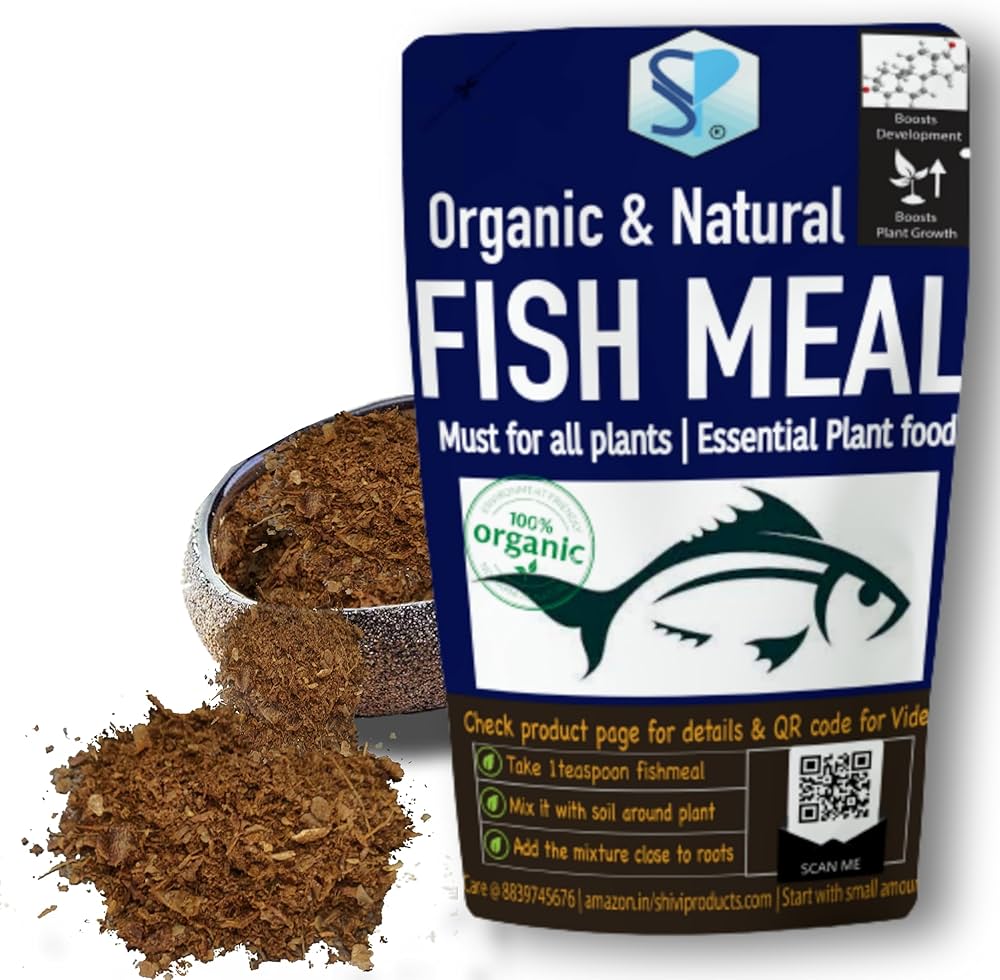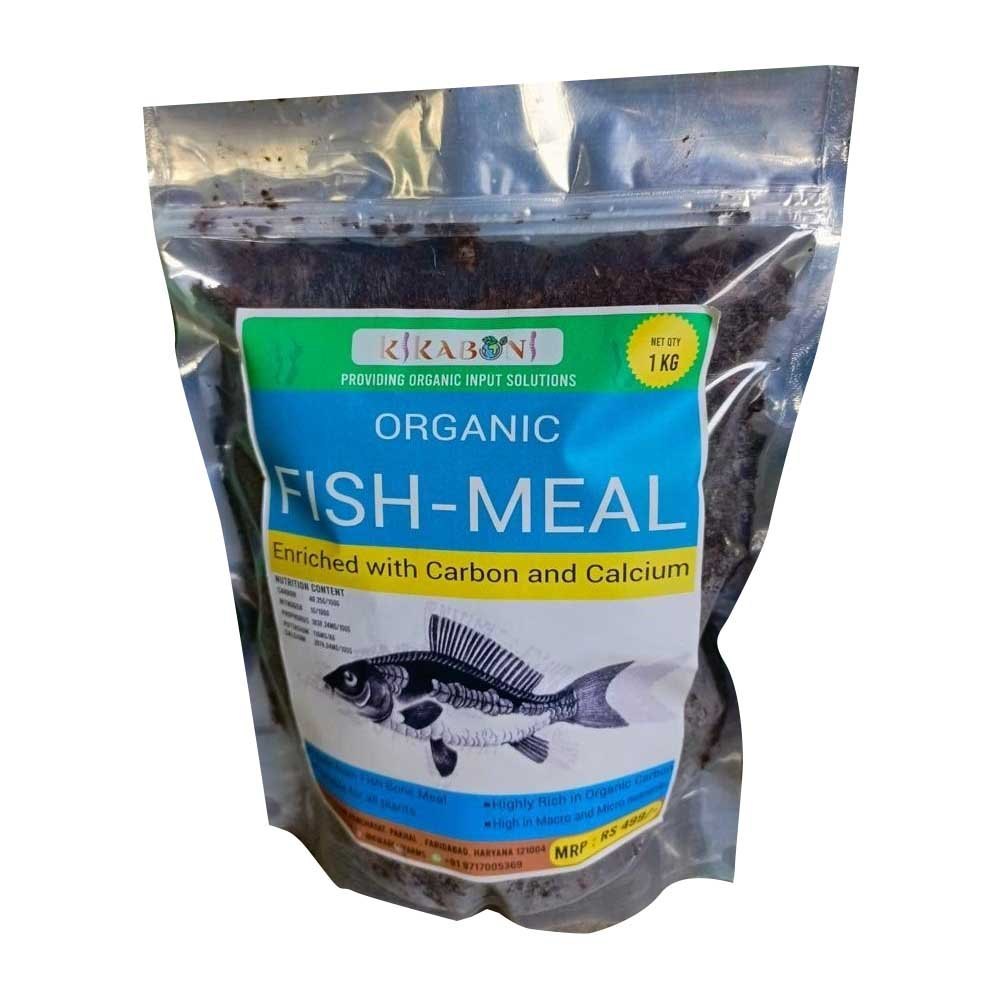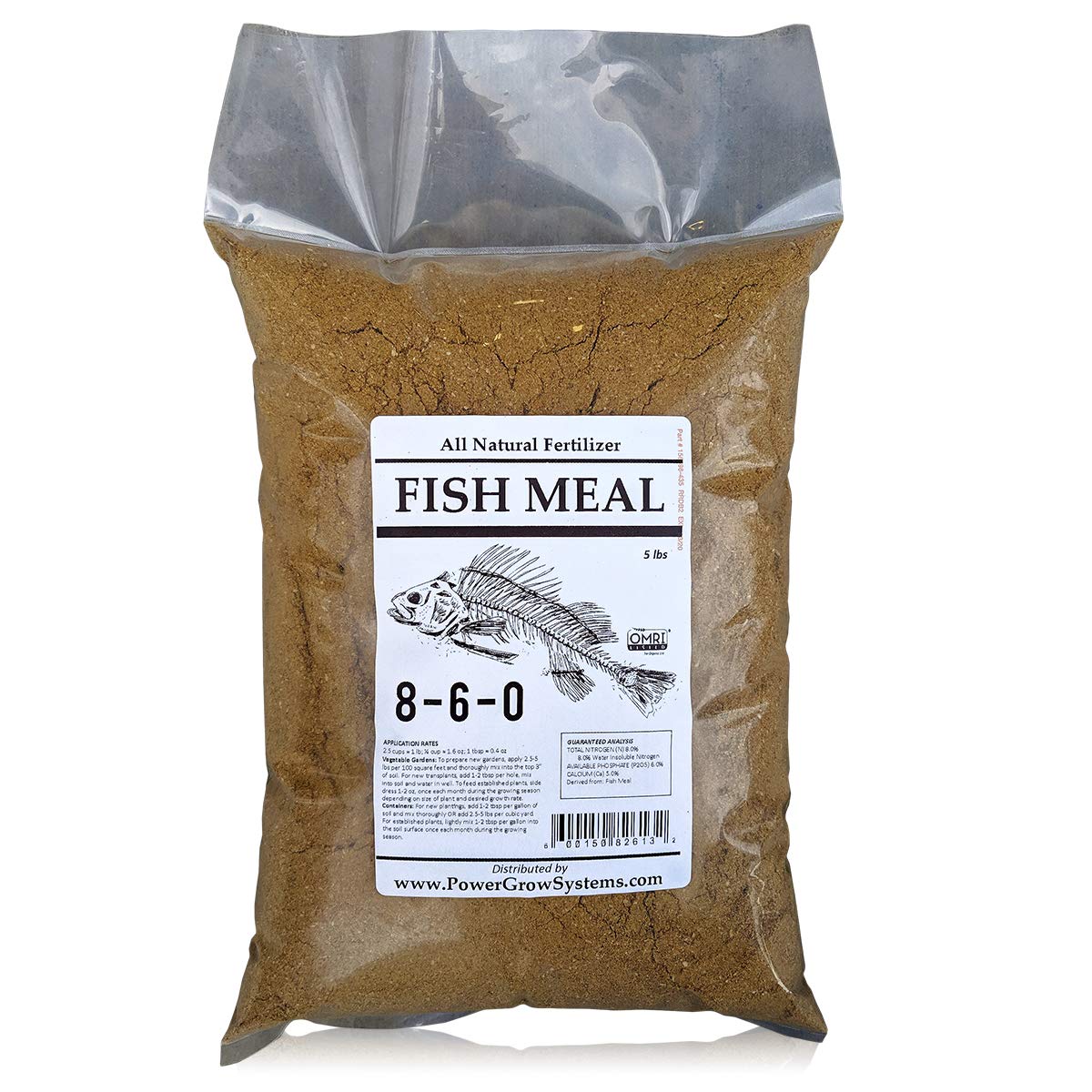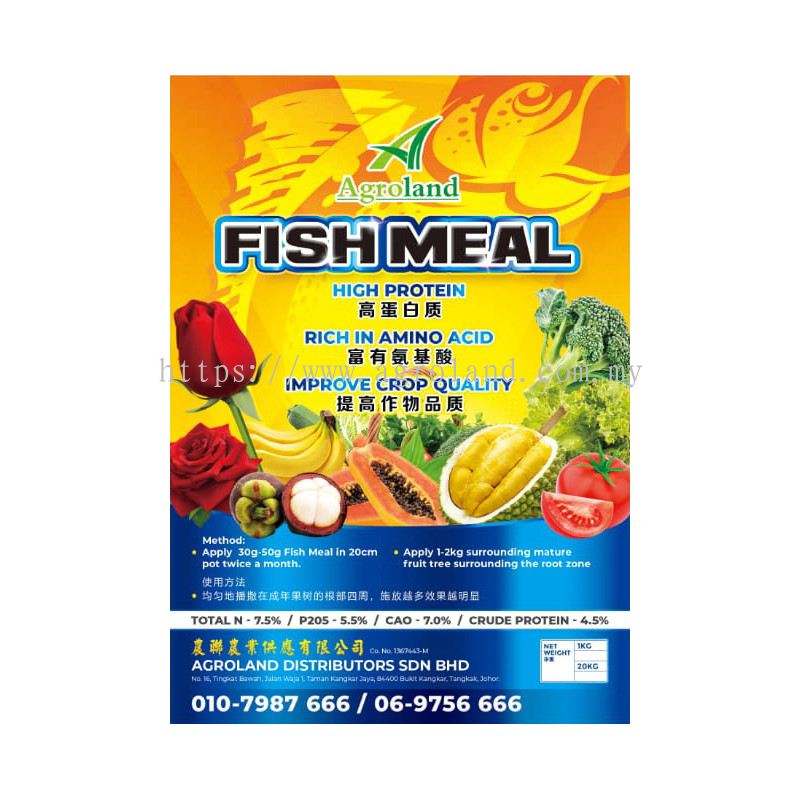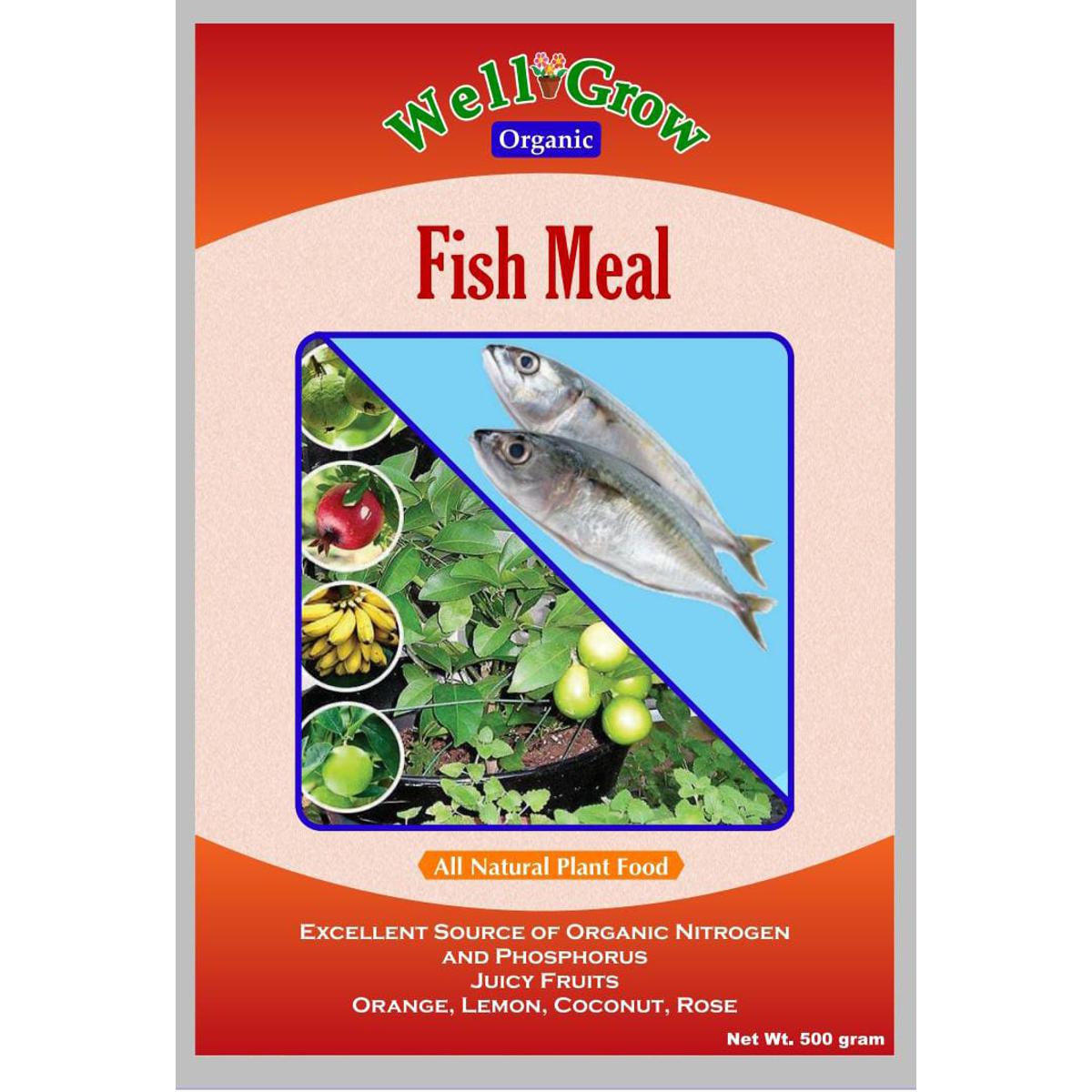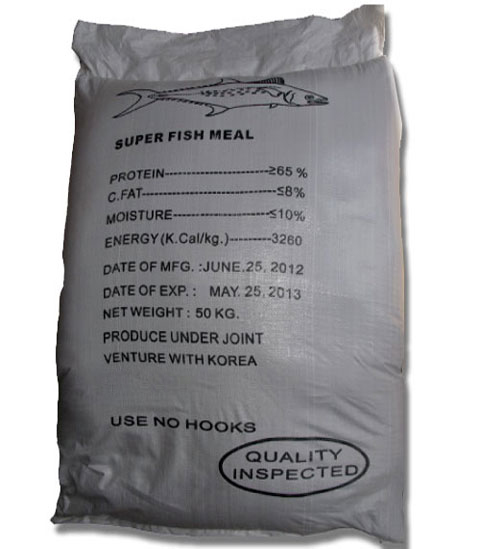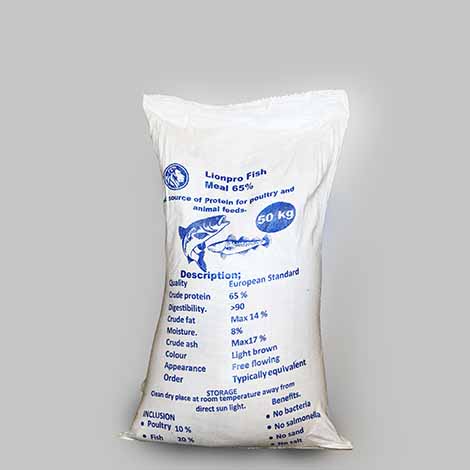Description
Fish meal is a high-protein feed ingredient derived from the byproducts of fish processing, primarily the waste parts of fish that are not used for human consumption, including heads, tails, and viscera. Rich in essential amino acids, omega-3 fatty acids, and micronutrients, fish meal serves as an excellent nutritional source for livestock, poultry, and aquaculture feeds. The production process typically involves cooking, pressing, drying, and grinding the fish byproducts, transforming them into a powder-like substance that can be easily incorporated into various feed formulations.
The use of fish meal in animal diets has gained prominence due to its ability to enhance growth rates, improve feed conversion efficiency, and promote overall health in livestock and fish. It has a unique amino acid profile that complements the dietary needs of many farmed animals, making it a preferred choice among livestock nutritionists. Moreover, fish meal is particularly valuable in aquaculture, where it provides fish fry and fingerlings with the essential nutrients necessary for their growth and development, contributing to sustainable seafood production.
Despite its benefits, the production of fish meal raises environmental concerns, particularly regarding overfishing and the sustainability of fish stocks. As demand for fish meal increases, it underscores the need to source fish meal from sustainable fisheries and to consider alternative protein sources, such as plant-based meals or insect protein, which may mitigate the ecological footprint of animal agriculture. This ongoing dialogue around sustainability and resource management is crucial for the future of aquaculture and livestock production, ensuring that the benefits of fish meal can be enjoyed without compromising marine ecosystems.

